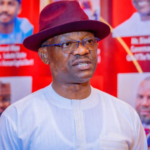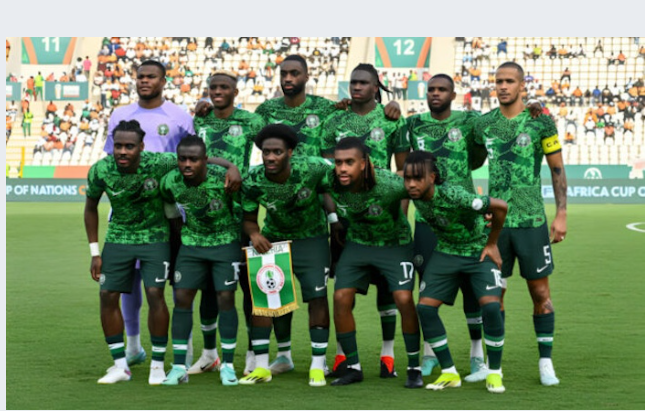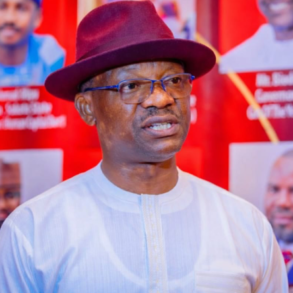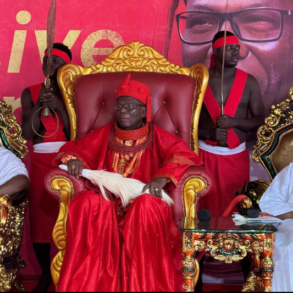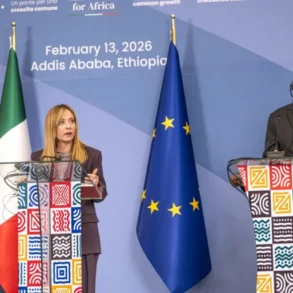The Super Eagles’ recent failure in the World Cup qualifiers sparks nationwide frustration. Nigeria, a nation with a rich footballing heritage and an abundance of elite talent spread across Europe’s top leagues, now finds itself struggling to assert dominance in qualifiers that once seemed routine. The reasons behind this decline are neither singular nor simple; they are woven into tactical, administrative, psychological, and structural issues that have developed over time.
A major contributor to Nigeria’s struggle has been the persistent instability in the coaching setup. The Super Eagles have undergone multiple managerial changes within a short period, with each coach arriving with a new philosophy, new expectations, and new tactical demands. Players have had to adapt repeatedly to different systems, limiting cohesion and consistency.
Without a stable tactical identity, the team has often looked disjointed, particularly in matches requiring organization and creativity. This lack of continuity has been evident in the team’s inability to control midfield battles, maintain defensive discipline, or sustain pressure in attack. Consequently, Eagles are trekking rather than flying.
Another significant issue is the team’s struggle to create chances and convert dominance into winning results. Close matches that should end in victory instead turn into draws, and in World Cup qualifiers where margins are slim, these dropped points become devastating.
While Nigeria possesses exceptional attacking players, the collective sharpness and “killer instinct” required at this level have not consistently materialized. Several senior players have acknowledged that goals cannot come from strikers alone; everyone on the pitch must contribute. Yet this collective responsibility has not always been reflected in performance.
Beyond the players and coaching staff, deeper structural issues within Nigerian football have had a damaging effect. Concerns about inadequate preparation, logistical challenges, poor stadium conditions, and questionable administrative decisions have been raised frequently by analysts, former players, and even supporters.
The Nigeria Football Federation has been criticized for a lack of accountability and professionalism, contributing to an environment where the team is often reacting to problems rather than anticipating them. In a qualification campaign where only the top team advances automatically, these administrative shortcomings become even more costly.
The weight of expectations also bears heavily on the team. As a nation accustomed to success, Nigeria faces immense pressure from fans, the media, and football stakeholders. Missing the World Cup is not viewed as a setback, it is seen as a national failure. This pressure can sometimes transmit into anxiety on the pitch, leading to cautious play and avoidable mistakes in crucial moments.
Ultimately, the Super Eagles’ exit from World Cup qualification is the result of systemic issues rather than surface-level failures. Nigeria’s talent pool remains one of the strongest in Africa, but talent alone cannot compensate for weak planning, tactical instability, or poor administrative foundation. To rebuild, Nigerian football must adopt a long-term vision that prioritizes consistency, professionalism, and structure at every level from coaching and player development to federation management and match-day preparation.
The road back to global football prominence is still open, but only meaningful reform and unified purpose will ensure that the Super Eagles rise again as the formidable force they are meant to be.

